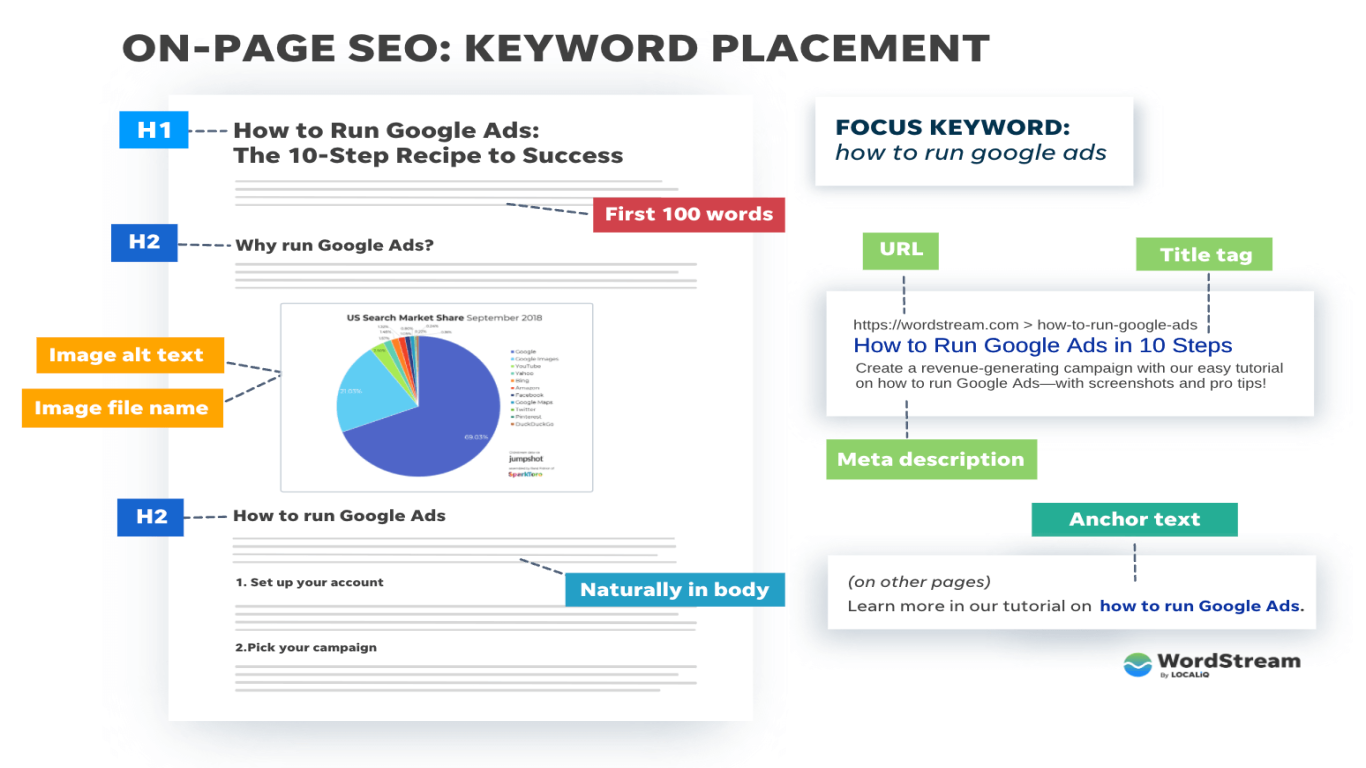SEO Website Optimization Techniques
SEO Website Optimization Techniques: Master the Art of Ranking on Google
In the ever-evolving digital landscape, staying ahead of the competition demands more than just a stunning website. To truly make an impact, mastering effective SEO website optimization techniques is crucial. This guide will delve into the comprehensive strategies that can elevate your website's rankings, boost organic traffic, and ultimately, grow your online presence. Here, we'll break down everything you need to know about optimizing your site, combining practical steps with insider secrets that can make a tangible difference.
Understanding the Basics of SEO Website Optimization Techniques
Before diving into the complexities of SEO, it's essential to grasp the fundamental principles. SEO website optimization techniques refer to the processes implemented to improve a website's position in search engine results. This is achieved by enhancing both the technical and content aspects of your site to make it more appealing to search engines and users alike.
-
Keyword Research: The Foundation of SEO Success
Every effective SEO strategy begins with thorough keyword research. Identifying the right keywords that align with your content is crucial. These are the terms your target audience uses to find information related to your niche.
-
On-Page Optimization: Crafting Content that Engages and Converts
On-page optimization involves optimizing individual pages on your site to rank higher. This includes incorporating relevant keywords, creating high-quality content, and improving meta descriptions and title tags.
-
Technical SEO: Building a Foundation for Search Engines
The technical side of SEO focuses on improving the website's backend structure. Fast loading times, mobile-friendliness, secure connections (HTTPS), and structured data are critical components of technical SEO. These elements ensure search engines can easily crawl and index your content.
-
Link Building Strategies: Building Authority and Trust
Earning backlinks from reputable websites is a powerful way to boost your site's authority. Effective link-building strategies increase your content’s credibility, signaling to search engines that your site is a reliable source of information.
-
Content Optimization: Creating Value that Resonates with Users
High-quality content is king in SEO. By creating valuable, engaging, and informative content, you not only cater to user needs but also increase the likelihood of rankings. Regularly updating content can also keep it relevant and boost search visibility.
-
User Experience: Keeping Visitors Engaged and Satisfied
A positive user experience is paramount. Ensure your website is easy to navigate, visually appealing, and provides a seamless user journey. Good UX reduces bounce rates and encourages longer site visits.
-
Tracking and Analytics: Measuring Success and Identifying Opportunities
Using tools like Google Analytics and Google Search Console, monitor your site's performance. This helps identify what's working, areas needing improvement, and overall traffic patterns.
Optimizing for Mobile: Ensuring Compatibility Across Devices
With mobile search on the rise, creating a mobile-friendly website isn't optional—it's imperative. Ensure your site is responsive and adapts seamlessly to various devices to provide an optimal viewing experience for every user.
Improving Website Speed: Enhancing Performance for Better Rankings
Website speed is not only a ranking factor but also crucial for user satisfaction. Use tools like Google PageSpeed Insights to identify areas for improvement, such as image optimization, reduced server response times, and leveraging browser caching.
Local SEO Optimization: Connecting with Nearby Audiences
If your business serves specific locations, optimizing for local search can drive significant traffic. Use keywords with location-based modifiers and ensure your Google My Business profile is up-to-date.
Voice Search Optimization: Preparing for the Future of Search
As voice search becomes increasingly popular, optimizing your content for voice-based queries is a smart move. Focus on natural language and anticipate question-based queries that users may speak into their devices.
Utilizing Social Media: Amplifying Reach and Engagement
Social media platforms offer excellent opportunities for promoting content and engaging with audiences. A strong social presence can complement your SEO efforts by driving traffic and increasing visibility.
Conclusion: The Path to Mastery in SEO Website Optimization Techniques
Mastering SEO website optimization techniques requires a multifaceted approach. By integrating these strategies—ranging from keyword research and on-page improvements to technical audits and user engagement—you can significantly enhance your website’s search engine performance. Dedication to continuous learning and adapting to ever-changing trends will pave the way to sustained SEO success.
FAQs on SEO Website Optimization Techniques
-
What is the role of meta descriptions in SEO?
Meta descriptions offer a summary of your webpage. While not directly impacting rankings, compelling meta descriptions can improve click-through rates.
-
How often should I update the content on my website?
Content updates depend on industry trends and changes. Frequently update to maintain relevance, but quality is more critical than frequency.
-
Is HTTPS essential for SEO?
Yes, HTTPS secures the data exchanged between user and site, instilling trust. It’s a ranking factor as well.
-
How does schema markup aid in SEO?
Schema markup helps search engines understand your content, potentially enhancing rich snippets in search results.
-
What are the common tools for SEO analytics?
Popular SEO analytics tools include Google Analytics, SEMrush, Ahrefs, and Moz—each offering unique insights into site performance.
#seowebsiteoptimization #websiteoptimizationtechniques #seooptimization #improvewebsiteseo #websiteseotips
